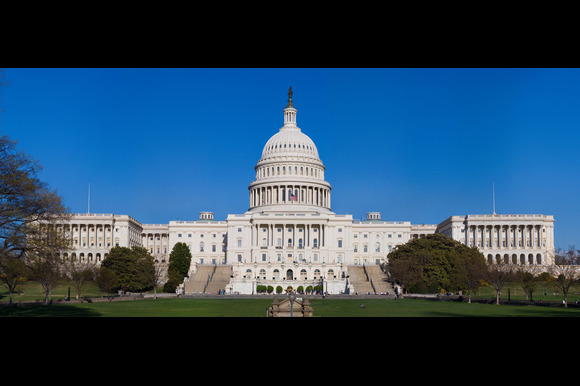President Donald Trump’s much-promoted budget proposal, once heralded by him as the “big, beautiful bill,” encountered an unexpected obstacle on Friday when members of his own party broke ranks, joining Democrats to block the legislation in Congress.
In a striking rebuke to the president’s domestic priorities, five House Republicans sided with Democrats during a critical procedural vote, demanding steeper budget cuts before they would lend their support. The move effectively halted momentum for a bill that the Trump administration had heavily championed.
Despite facing razor-thin margins in several previous votes this year, Trump has repeatedly managed to push his agenda through Congress. This time, however, the intra-party rebellion proved too strong. Reacting with frustration on his Truth Social platform, Trump blasted dissenters within the GOP: “We don’t need ‘GRANDSTANDERS’ in the Republican Party. STOP TALKING, AND GET IT DONE!”
Although the legislation has not been entirely derailed and could still see a path to passage, its failure marks the first significant legislative defeat for the Trump administration in 2025. Support within Republican ranks remains fractured, with disagreements largely centering on how far budget cuts should go.
The five Republican holdouts have made their demands clear. They are calling for Speaker of the House Mike Johnson to approve deeper reductions to Medicaid, the federal healthcare program serving low-income Americans. Furthermore, they insist the bill include a full repeal of green energy tax credits that were introduced by Democrats in previous sessions of Congress.
“This bill falls profoundly short,” said Representative Chip Roy of Texas, one of the dissenting Republicans. “It does not do what we say it does with respect to deficits.”
The proposed legislation is notable for its sweeping tax reforms, including a provision to permanently extend tax cuts first enacted during Trump’s earlier term in office. It also features a controversial measure that would eliminate taxes on workers’ tips—an idea that Trump has frequently highlighted as beneficial to working-class Americans. However, critics argue the bill disproportionately benefits the wealthy and risks exacerbating income inequality.
Democrats remain staunchly opposed to the bill and have voiced strong objections to proposed cuts to Medicaid and the Affordable Care Act (ACA). They argue these measures would leave millions of Americans without access to affordable healthcare.
“No other previous bill, no other previous law, no other previous event caused so many millions of Americans to lose their healthcare—not even the Great Depression,” said Representative Brendan Boyle, a Democrat from Pennsylvania.
According to estimates from the nonpartisan Joint Committee on Taxation, the bill’s tax reforms would cost $3.72 trillion over the next decade. That price tag, coupled with the proposed spending cuts, has ignited fierce debate both within Congress and among the American public.
While House Republican leadership has pledged to continue negotiations, it’s clear that Trump’s budget ambitions now face a tougher road ahead, complicated by ideological divisions within his own party and unified Democratic resistance.






